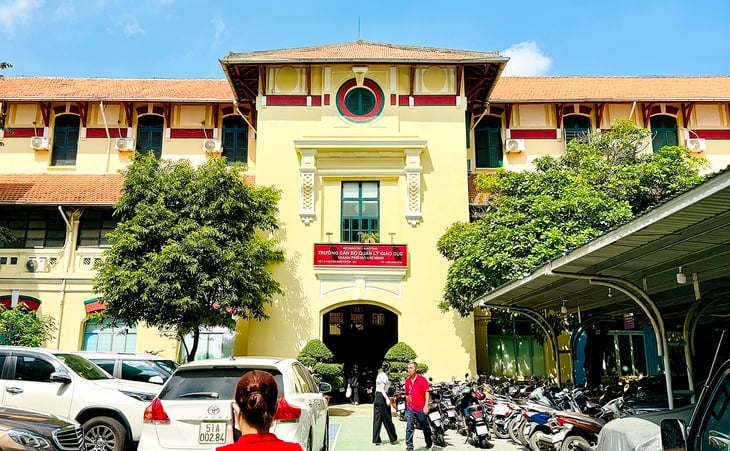
The former Examination Department, now the Ho Chi Minh City School ofEducation Management, is where teachers from the North and South collaborated to compile the 1975 high school graduation exam questions - Photo: MINH GIANG
From separate graduation exams for the North and South to a unified exam for the whole country, from four to six subjects, from only considering graduation to combining for university admission, from compulsory to optional subjects, essay to completely multiple choice.
Along with many positive things, over the past 50 years, the exam has also had many incidents, from spontaneous to organized cheating that has shocked society.
The 1975 high school graduation exam in the South was a special and different exam. The 12th grade students at that time had to study and worry at the same time.
Interruption and waiting
In February 1975, Mr. Nguyen Duc Nghia - former vice director of Ho Chi Minh City National University, then a 12th grade student at Truong Vinh Ky High School in Saigon (commonly known as Petrus Ky School), now Le Hong Phong High School for the Gifted, Ho Chi Minh City - completed his application to study in France. He was just waiting for the high school graduation exam in June to complete the procedure.
Mr. Nghia remembers that sometimes at night he could still hear the sound of weapons in the distance. But April 8, 1975 was different. That morning, students at Petrus Ky School were studying normally when suddenly they were thrown into chaos by a very loud explosion, very close by.
"It was the first time I heard such a loud explosion so close to me. At first I thought it was an artillery attack, the students ran out of the classroom and went home. Then we were informed that the Independence Palace had been bombed" - Mr. Nghia recalled. That was the event when pilot Nguyen Thanh Trung flew a plane to bomb the Independence Palace, which was later mentioned in many history books.
Also remembering this event clearly, Mr. Nguyen Ha Thanh - former head of the geometry group of the mathematics department of Ho Chi Minh City University of Education - said that at 9am that day, he heard a roaring sound and saw two planes flying over the school, heading towards Binh Chanh. A moment later, he heard the sound of the planes returning, accompanied by the sound of bombs exploding and the sound of anti-aircraft artillery firing continuously.
"We were very panicked at that time. The school announced that the Independence Palace had been bombed and let the students stay home. The next day we still went to school as usual to complete the 12th grade program, preparing for the high school graduation exam in June," Mr. Thanh recalled.
The academic achievement report (similar to the current report card) of a 12th grade student in 1975, who studied 12 subjects at that time, including Vietnamese literature, philosophy, civic education, foreign language 1 (foreign language), foreign language 2, history, geography, math, physics, chemistry, physics, physical education. Students will take the baccalaureate exam in all subjects (except physical education). Depending on the student's choice (experimental science A, literature and foreign language C...), the subjects will have different coefficients.
According to Mr. Thanh, the 1974-1975 program was adjusted compared to previous years. Before this school year, Vietnamese literature was only taught until the end of the 11th grade program, and 12th grade students did not study this subject. However, in the school year
1974-1975 12th grade students still studied Vietnamese. To prepare for the 1975 high school graduation exam, Mr. Nghia said that at the end of 11th grade, he bought books to study by himself.
But the high school graduation exam that year was never held again. After the events of April 30, 1975, the school was temporarily closed, and Mr. Nghia, Mr. Thanh and other students stayed home from school. "Back then, communication was not as convenient as it is now. Every day, students went to school to see if there was any new announcement about returning to school," Mr. Thanh recalled.
50 years have passed, the 18-year-old students at that time are now nearly 70. There are numbers, times, and events that sometimes no longer exist exactly in each person's memory. However, there are milestones and emotions that they still remember clearly even 50 years later.
Mr. Nghia said he could not remember exactly, but it seemed that on May 15, Saigon students returned to school. The atmosphere was quieter, many students did not return to class because they had evacuated abroad with their families, and many classrooms were empty.
Similarly, Mr. Thanh also does not remember exactly when he went back to school, but he feels very happy to be back at school. However, he is also worried about when the baccalaureate exam will be held. "I don't know what will happen to my efforts after studying for more than ten years. If I don't take the exam, it will be a waste," Mr. Thanh recalls.
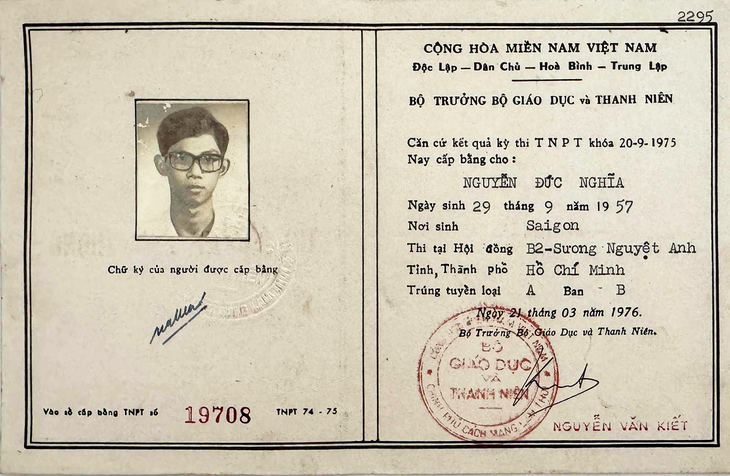
High school graduation certificate issued to candidates who passed the exam on September 20, 1975 - Photo: MINH GIANG
First time
Before April 30, 1975, Mr. Nguyen Van Ngai - former Deputy Director of the Department of Education and Training of Ho Chi Minh City - was a math teacher at Nhat Linh High School, currently Nguyen Huu Cau High School (Hoc Mon, Ho Chi Minh City).
During the military administration period after the unification, Mr. Ngai was the temporary head of the executive board of Nhat Linh High School. He remembers that after April 30, 1975, educational activities were interrupted but not much. Students returned to school and were organized to review for the final exam because by then they had almost finished the old curriculum. "Students were also worried because they did not know when they would take the exam," Mr. Ngai said.
After many months of waiting, the 1975 graduation exam was held on September 20, three months later than the exam schedule of the old regime. There was no longer a high school baccalaureate exam, the exam was called high school graduation. The exam format was entirely essay-based. Successful candidates were awarded a high school graduation certificate.
According to Mr. Ngai, the exam was also organized seriously, ensuring that the knowledge that students had learned was tested. The exam structure remained relatively the same as before the liberation period. The subjects included: literature, foreign language (French or English), math, science (physics, chemistry, biology depending on the class) and history - geography. The exam content still followed the program of the old education system, without any major changes because the time was too short to reform the program.
"The exam took place in one day, very seriously. I was a bit nervous when I entered the exam room because I had prepared for multiple choice tests but now it was an essay test. However, the exam was very easy compared to the knowledge we had learned," Mr. Nghia recalled.
The exam was held in September 1975, but it was not until March 1976 that successful candidates were awarded their high school diplomas. The diplomas were issued by the Ministry of Education and Youth of the Provisional Revolutionary Government of the Republic of South Vietnam, and were signed by Minister Nguyen Van Kiet.
After the 1975 graduation exam, the North and South still held separate exams with different content and dates. Many years after the country was reunified, the high school graduation exam was unified nationwide.
We found the people who wrote the high school graduation exam that year. Mr. Ngo Ngoc Buu is 92 years old this year. His memories of writing the exam in 1975 are sometimes fragmented, but he still remembers the key points.
"The Ministry assigned a group of people to be in charge of creating the exam questions. Each person organized a group of teachers to create the questions and was responsible for themselves. The Ministry did not approve the exam questions, so they were very worried. The education programs in the South and the North at that time were different, so the exam questions had to be suitable for the knowledge that students learned, while also incorporating the educational content of the North.
Each group leader usually chooses a number of teachers from the South to create the exam questions. The Northern group leader must refer to the textbooks in the group and discuss with the Southern teachers to agree on the content of the exam questions. The English subject is led by a Southern teacher" - Mr. Buu recalled. The group that creates the exam questions gathers at the Examination Office No. 7 Nguyen Binh Khiem Street (now the Ho Chi Minh City School of Education Management) to discuss and create the questions.
********************
"We had to take full responsibility before the ministry for the exam questions. Luckily, that year the exam was well organized, there were no problems with the exam questions," Mr. Buu recalled.
>> Next: The first unified exam
Source: https://tuoitre.vn/50-nam-ky-thi-tot-nghiep-thpt-ky-1-ky-thi-dau-tien-o-mien-nam-sau-thong-nhat-20250625132232403.htm




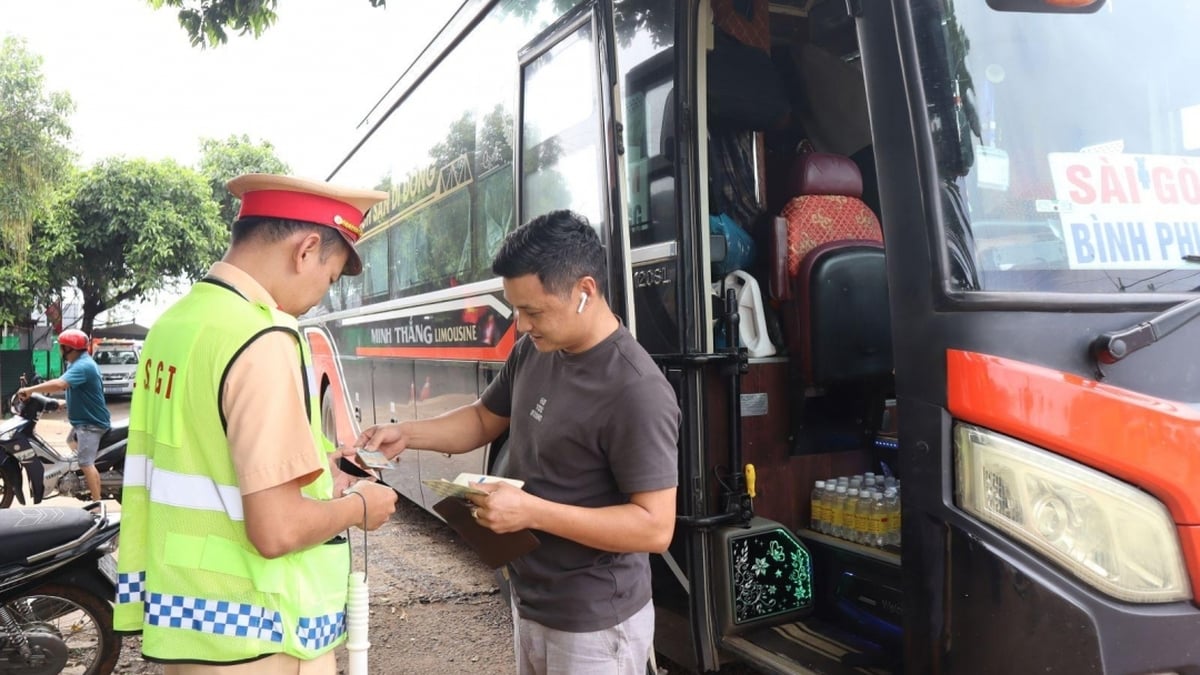

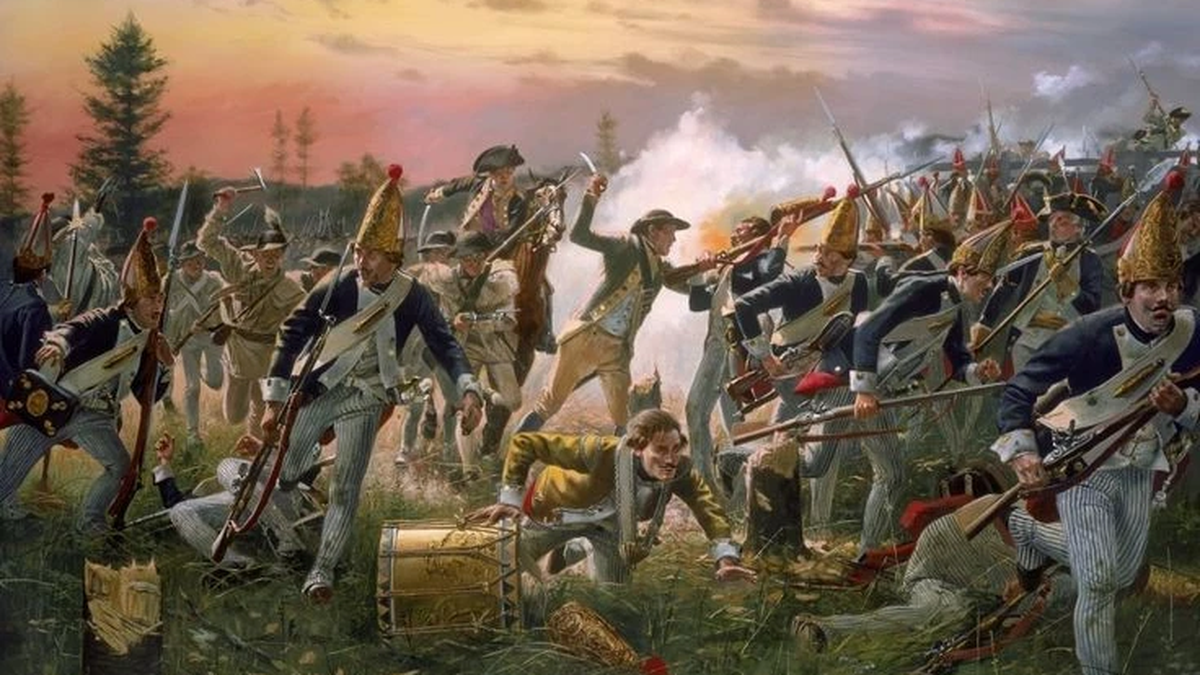
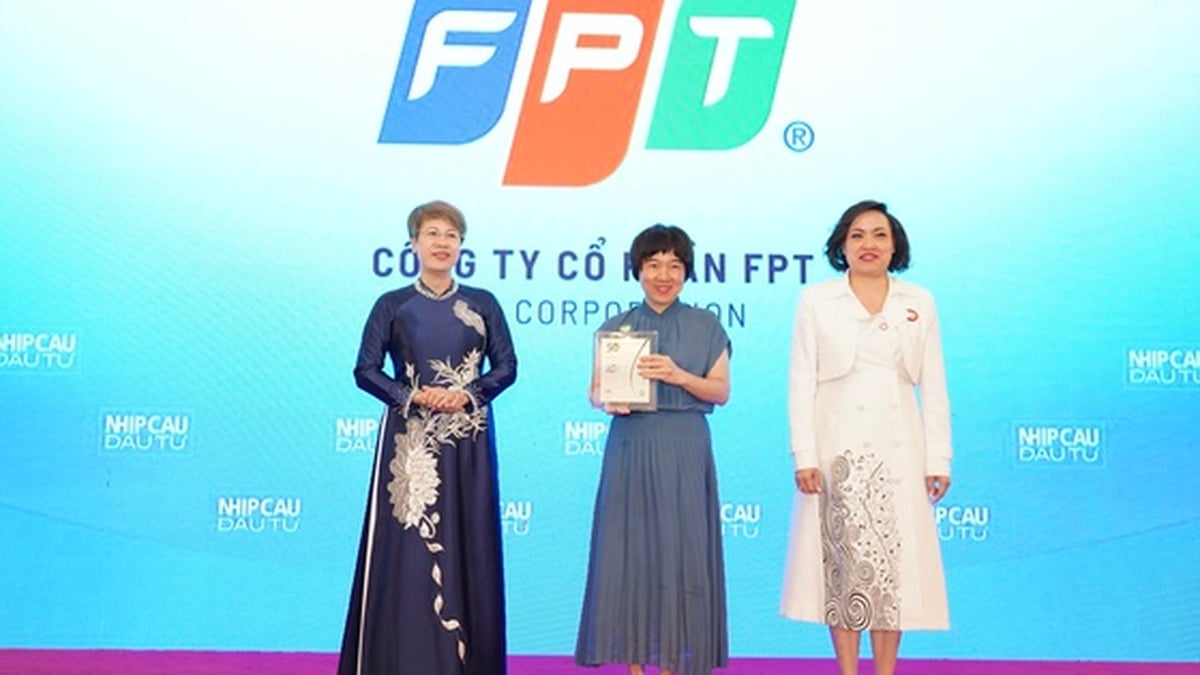

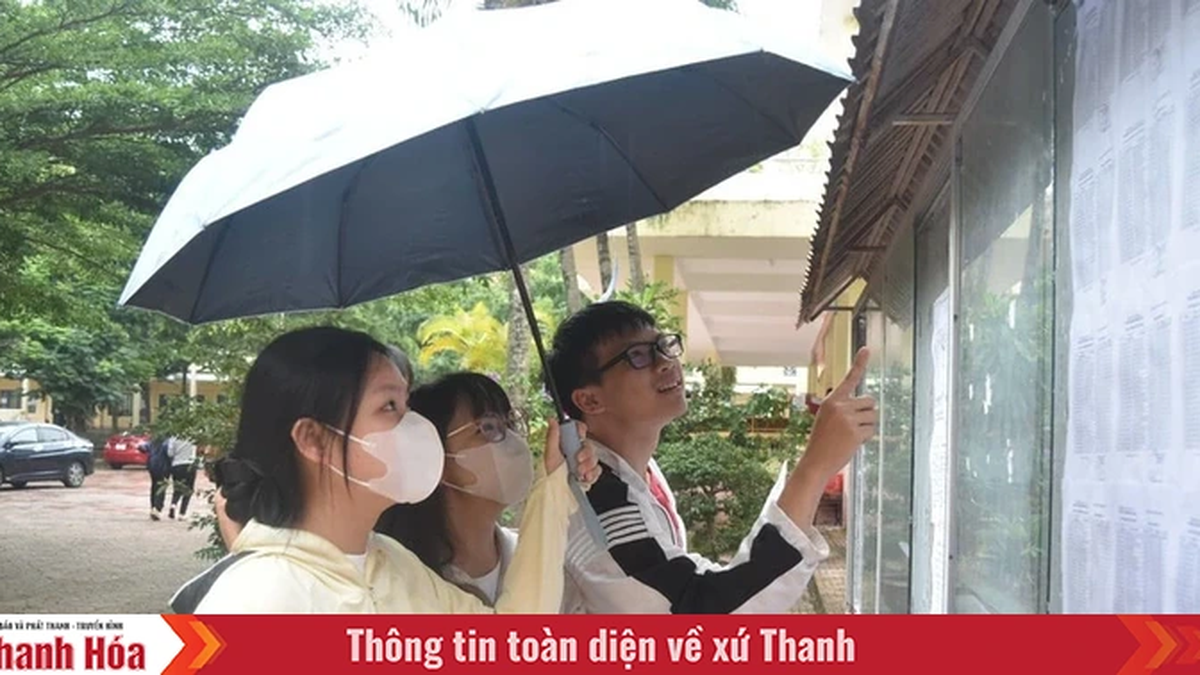
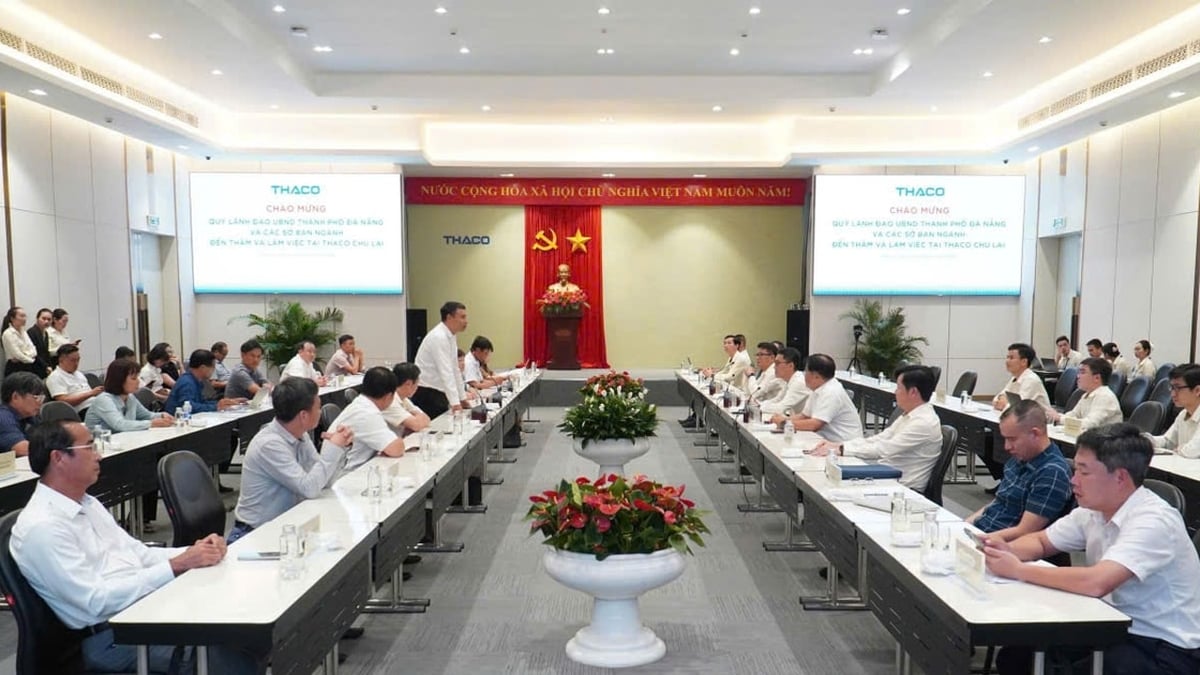
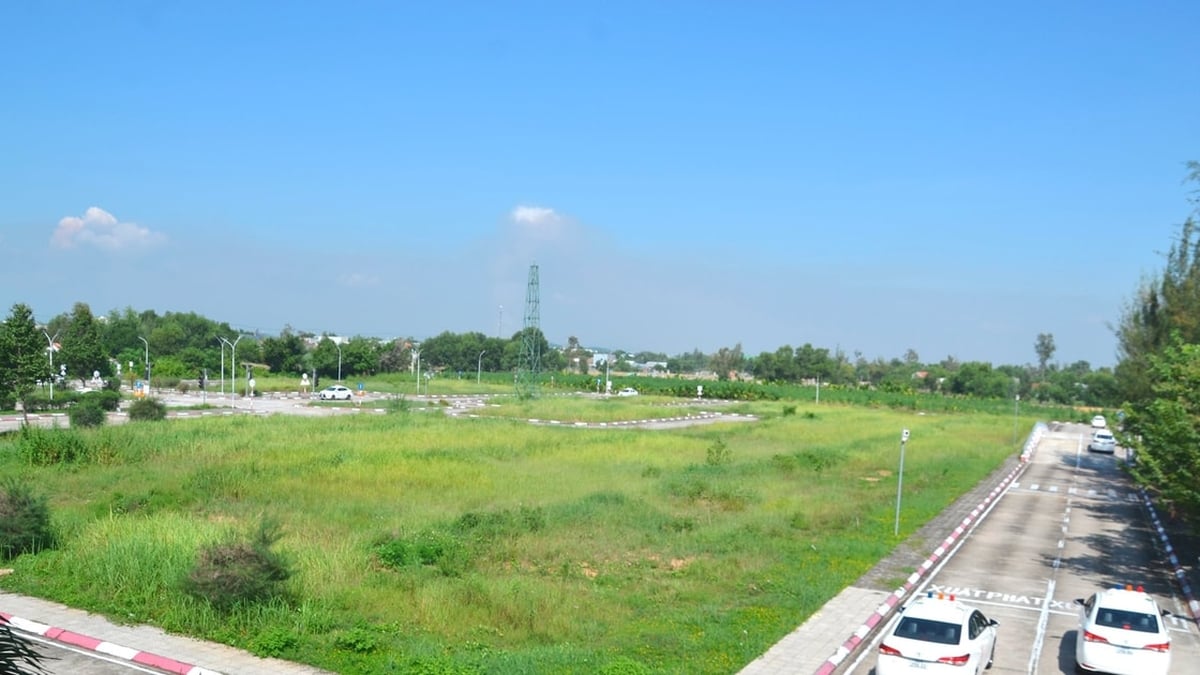
























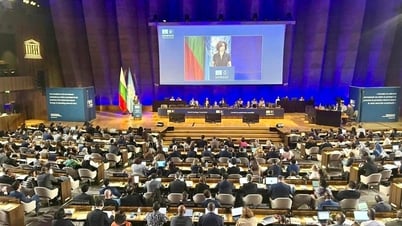


























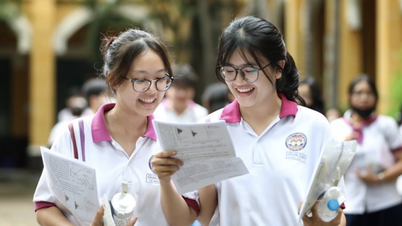



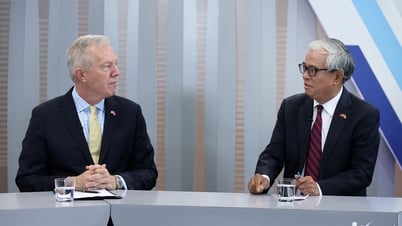
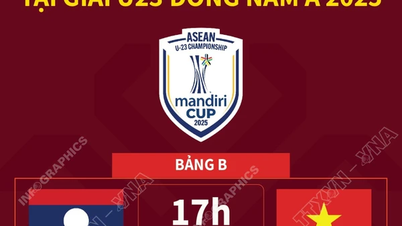

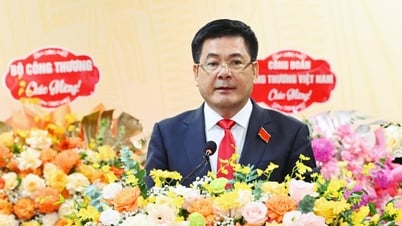

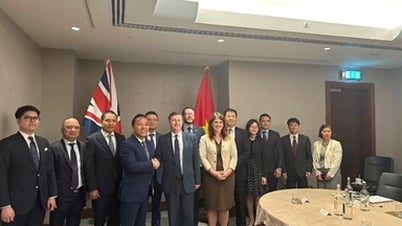



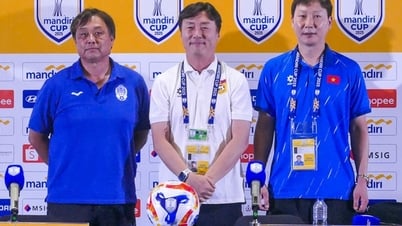
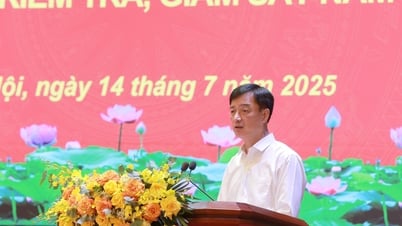





















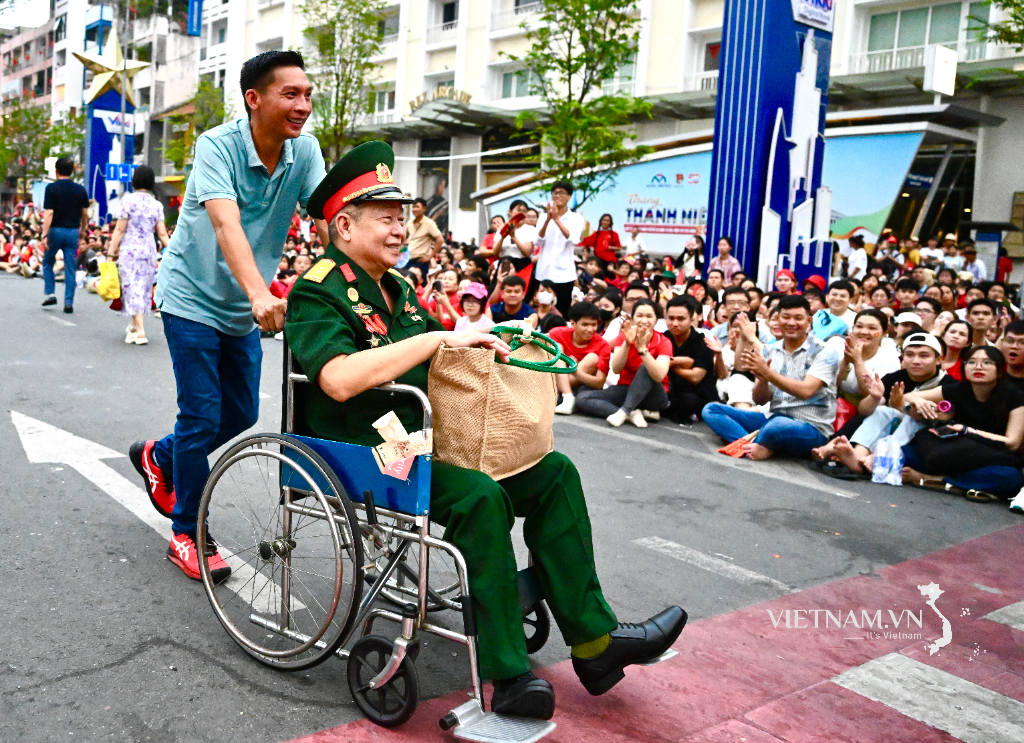
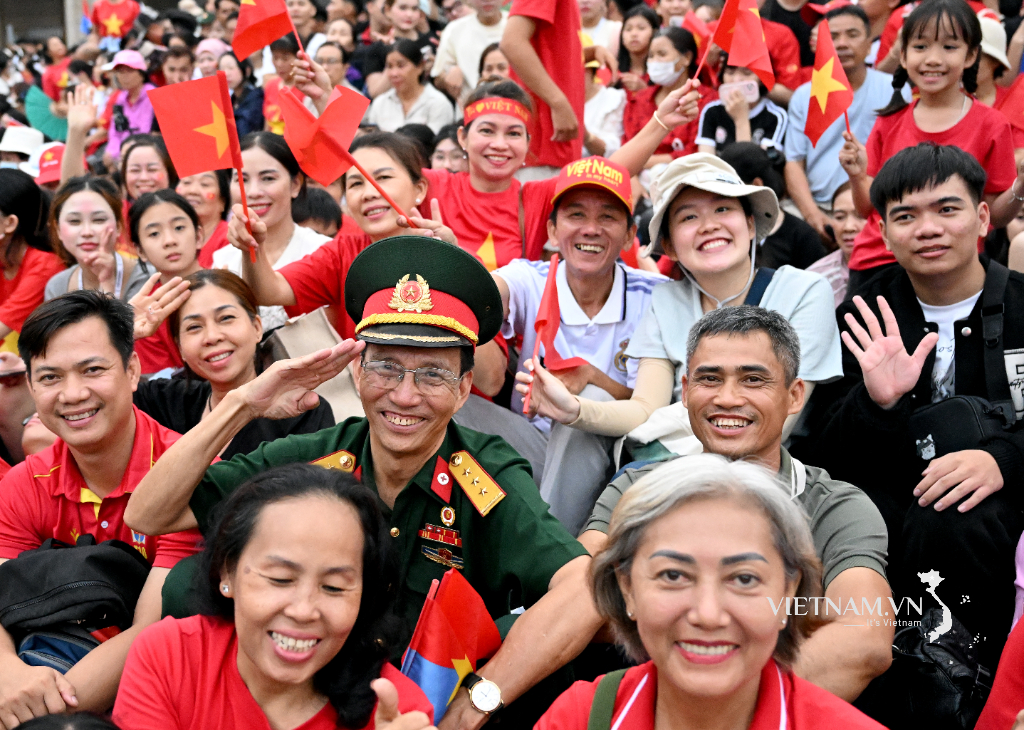

Comment (0)